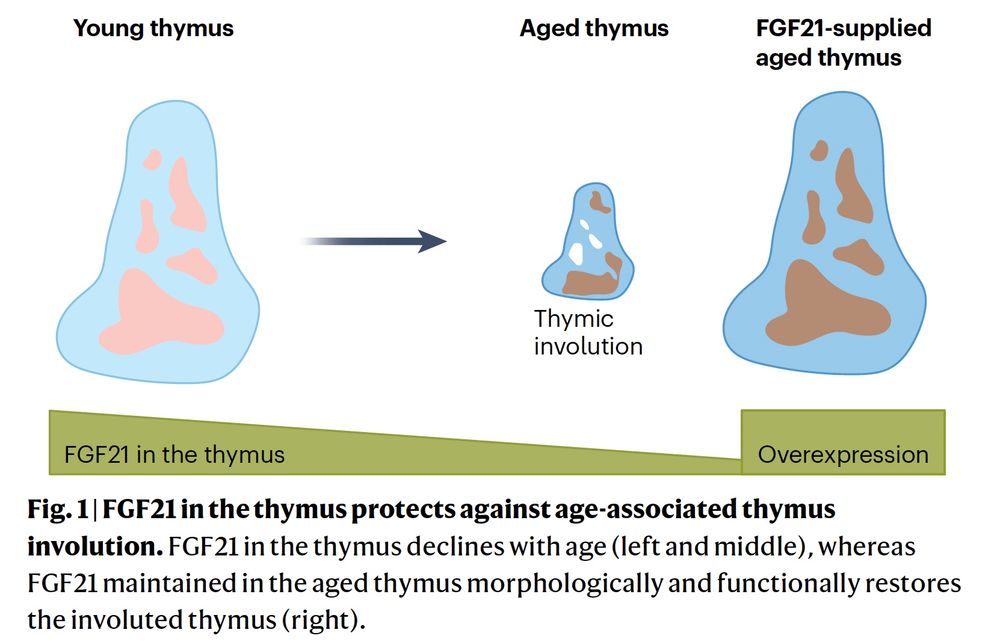Views are my own
I am delighted that our paper exploring the impact of Neanderthal-derived variants on the activity of a disease-associated craniofacial enhancer has been published in Development today!
journals.biologists.com/dev/article/...

I am delighted that our paper exploring the impact of Neanderthal-derived variants on the activity of a disease-associated craniofacial enhancer has been published in Development today!
journals.biologists.com/dev/article/...
Some mutations arise after fertilisation 🧬, so early they can appear in both a parent’s body and their germ cells.
By analysing family trio genomes 👪, we built one of the largest catalogues of these “hidden” inherited variants yet.
tinyurl.com/mvns2ytv

Some mutations arise after fertilisation 🧬, so early they can appear in both a parent’s body and their germ cells.
By analysing family trio genomes 👪, we built one of the largest catalogues of these “hidden” inherited variants yet.
tinyurl.com/mvns2ytv
www.medrxiv.org/content/10.1...
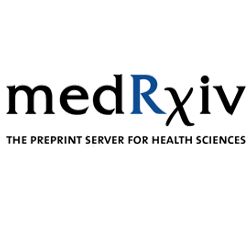
www.medrxiv.org/content/10.1...
So thanks mainly Evie and Andrea for creating this for all of us!
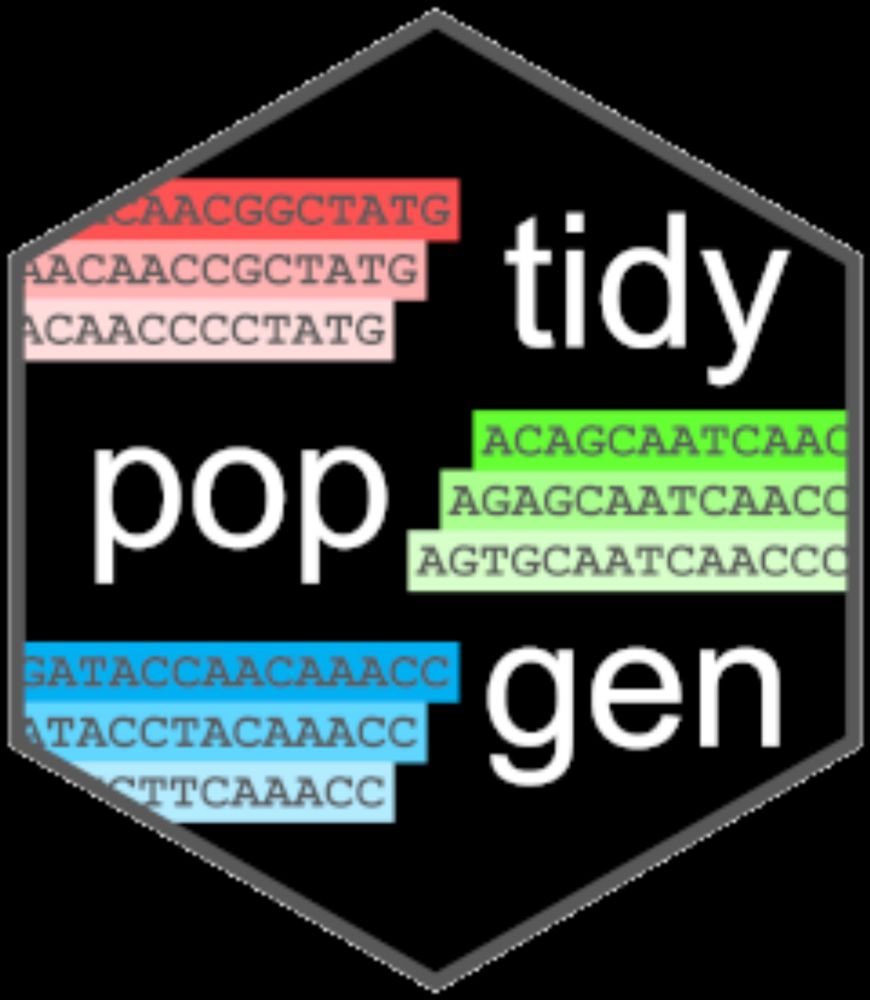
So thanks mainly Evie and Andrea for creating this for all of us!
doi.org/10.1101/2025...
Our manuscript on Exome sequencing and analysis of 44,028 British South Asians, using @genesandhealth.bsky.social is now available at @medrxivpreprint.bsky.social!
We present several great results, and I’m thrilled to highlight the pieces I worked on:

🩸 Blood is commonly used in biomarker discovery and drug development, but how well does it reflect what's actually happening in the gut? 👀
🧵 1/10
🔗 www.medrxiv.org/content/10.1...

www.nature.com/articles/s41...
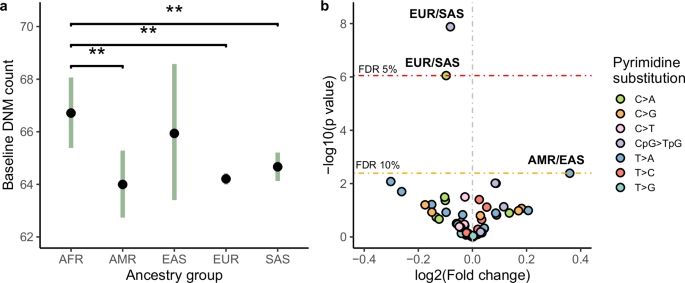
www.nature.com/articles/s41...

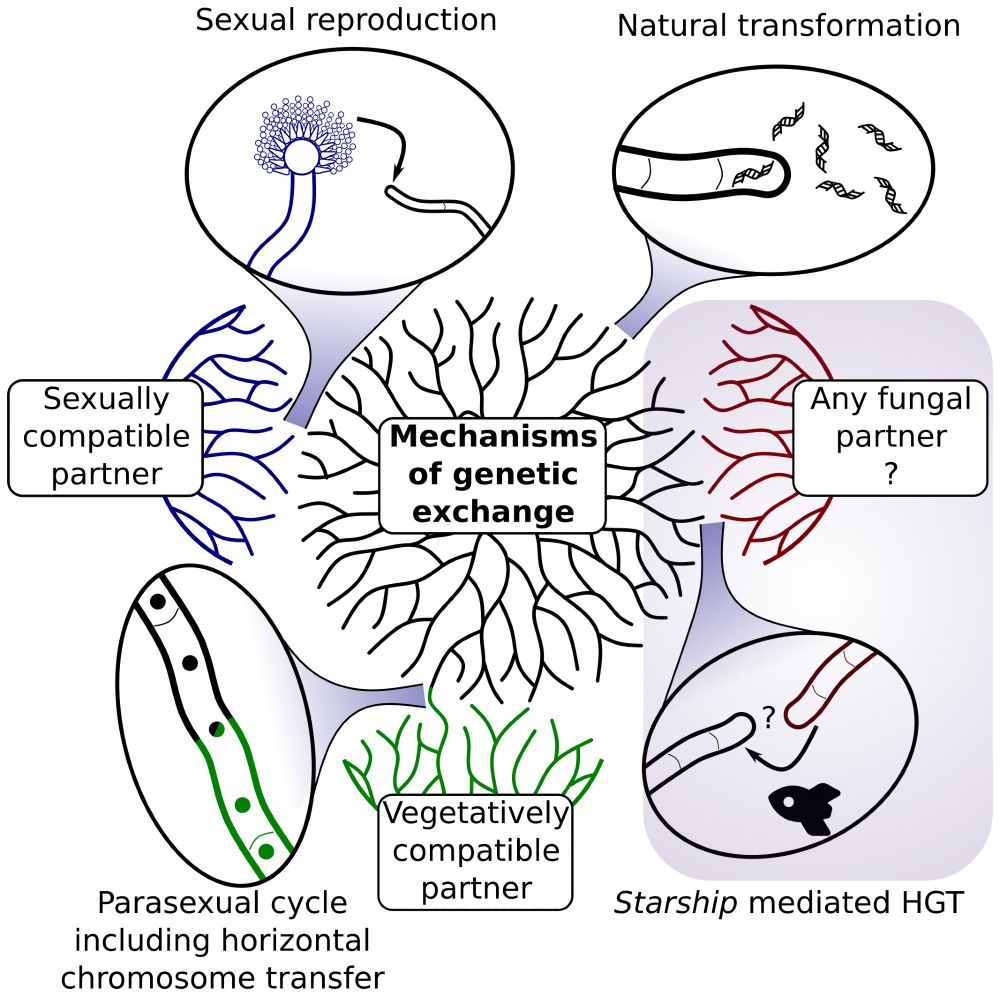
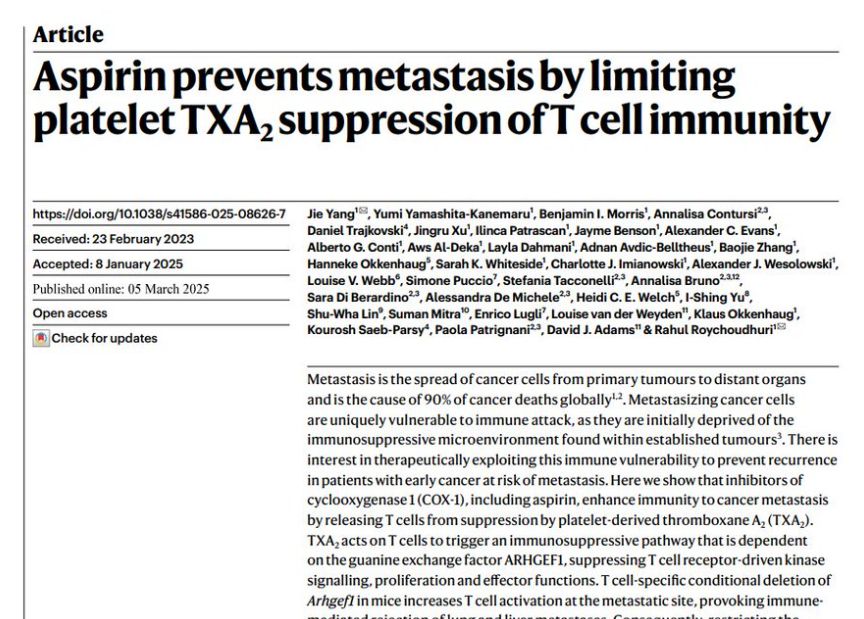
Sydney Brenner once said in 2012 that “nobody has actually read the human genome. I mean, computers have processed the human genome, but we all know computers are stupid.”
(Summary of a talk I gave at the Sanger last week)
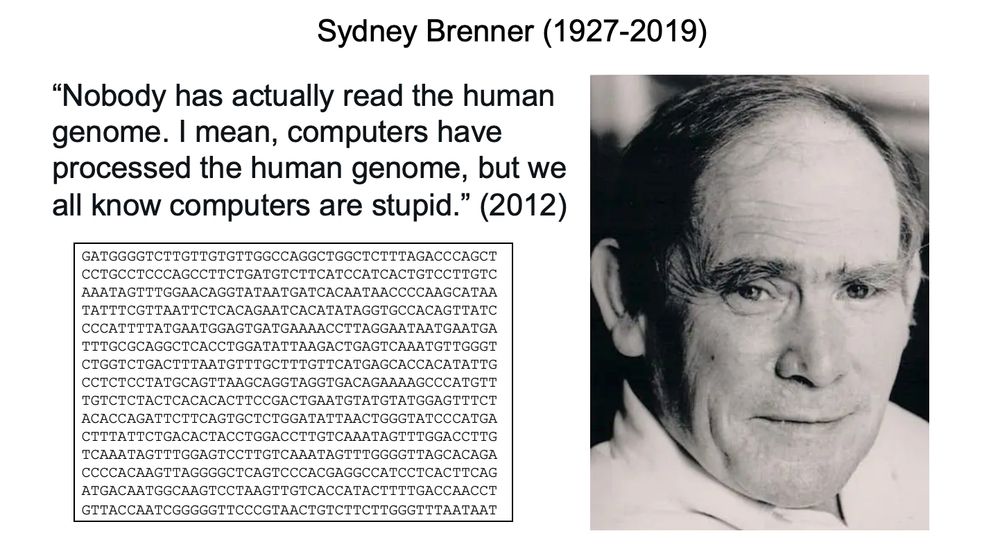
Sydney Brenner once said in 2012 that “nobody has actually read the human genome. I mean, computers have processed the human genome, but we all know computers are stupid.”
(Summary of a talk I gave at the Sanger last week)
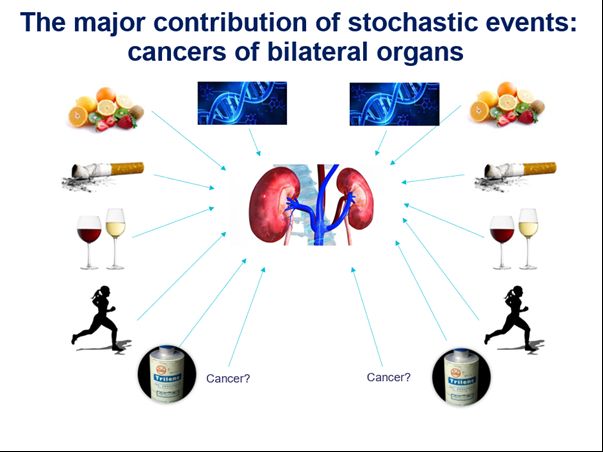
www.biorxiv.org/content/10.1...
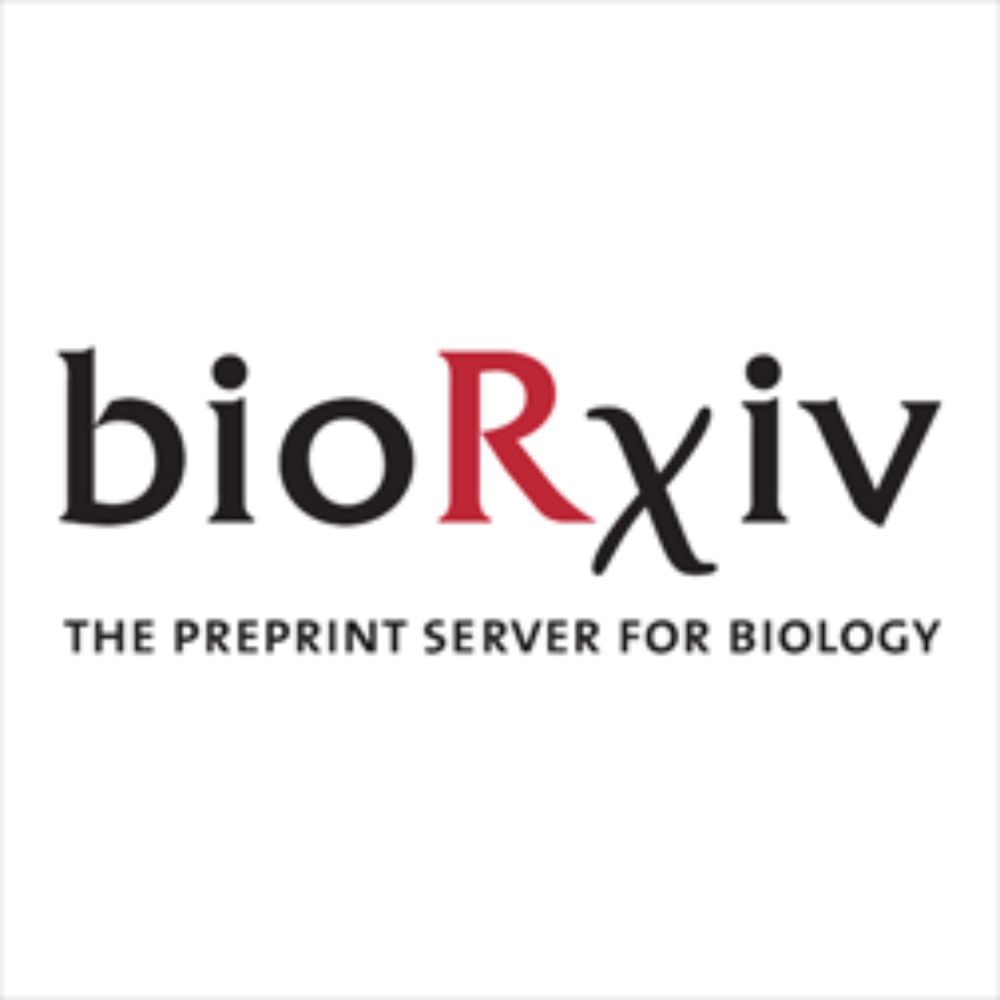
www.biorxiv.org/content/10.1...
www.biorxiv.org/content/10.1...
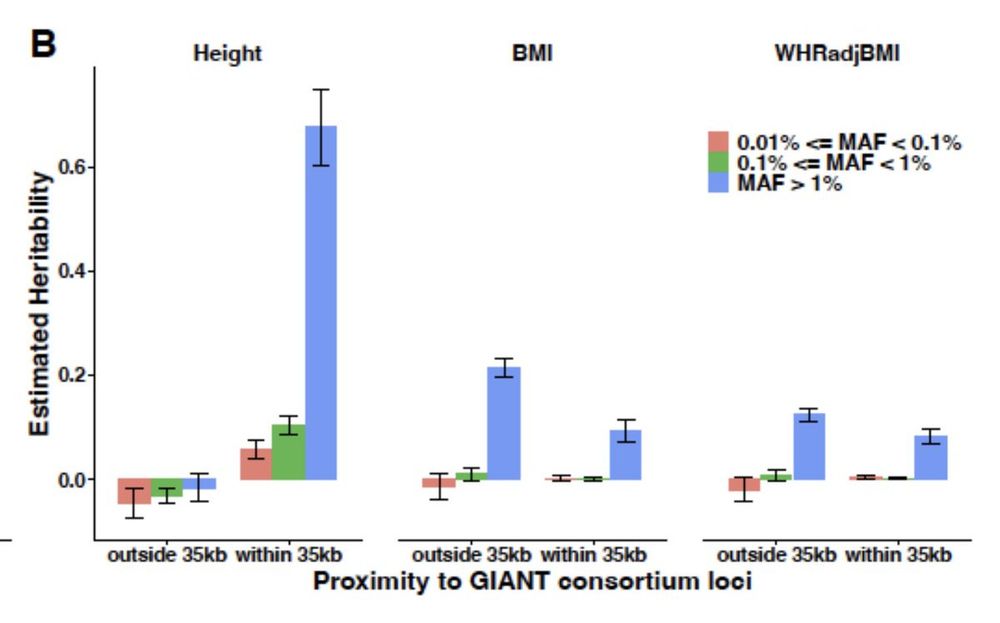
www.biorxiv.org/content/10.1...
academic.oup.com/hropen/advan...
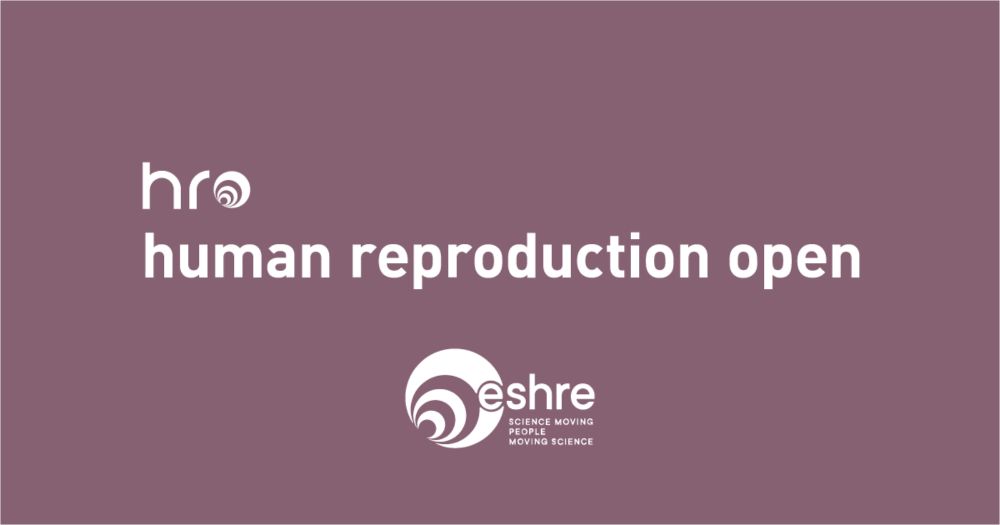
academic.oup.com/hropen/advan...
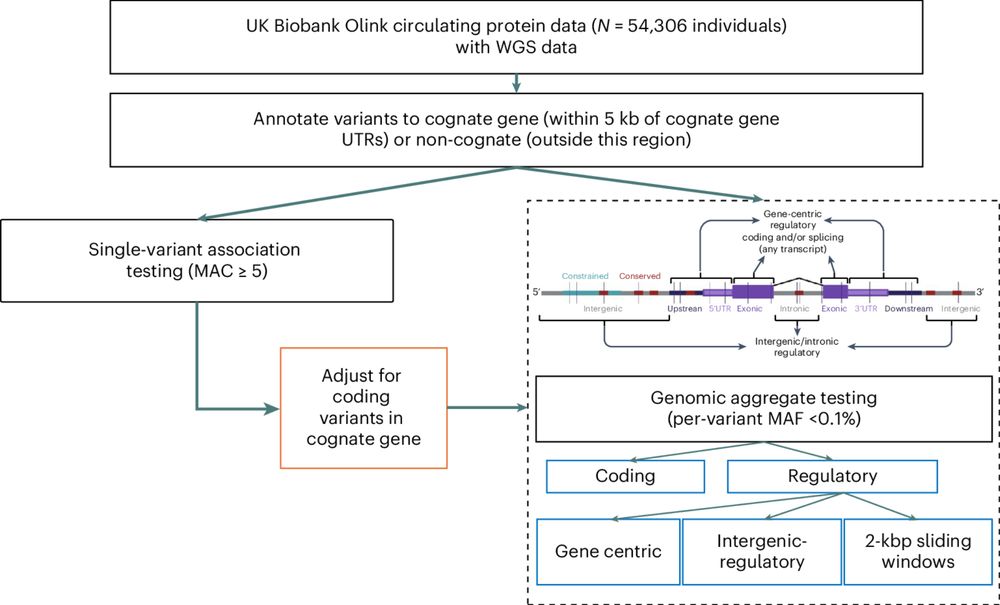
www.cell.com/cell-systems...

www.cell.com/cell-systems...
(1/n) www.biorxiv.org/content/earl...

(1/n) www.biorxiv.org/content/earl...
@liigh-unam.bsky.social. Anecdotally it is also my 1st paper as corresponding author from my group / the "Paloegenomics and Evolutionary Biology". shorturl.at/VumOq Let us know what you think about it.
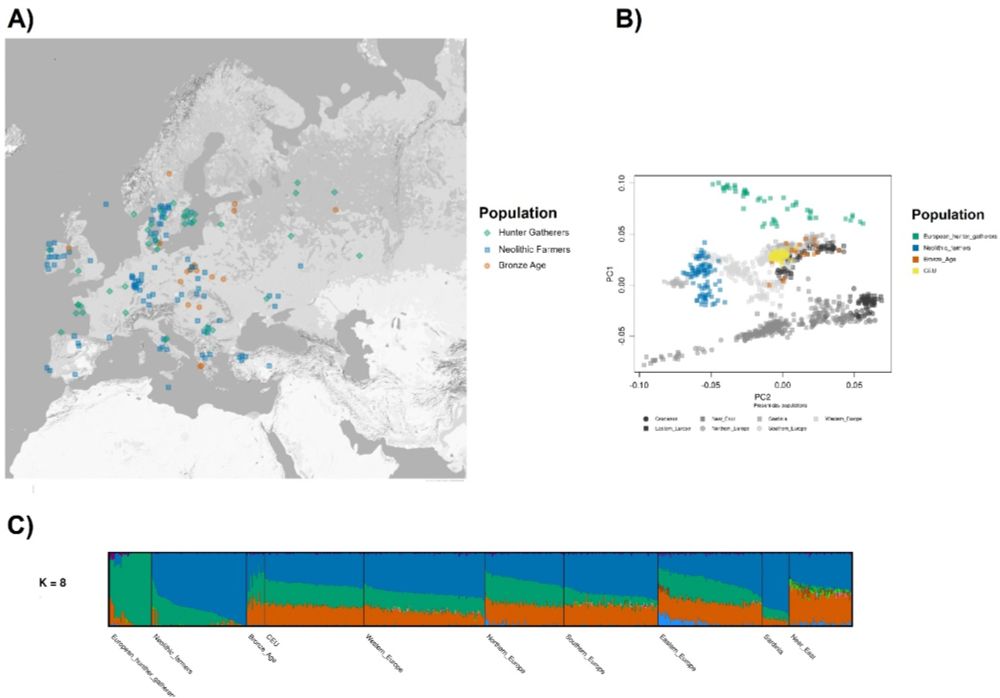
@liigh-unam.bsky.social. Anecdotally it is also my 1st paper as corresponding author from my group / the "Paloegenomics and Evolutionary Biology". shorturl.at/VumOq Let us know what you think about it.
www.nature.com/articles/s41...
open-access
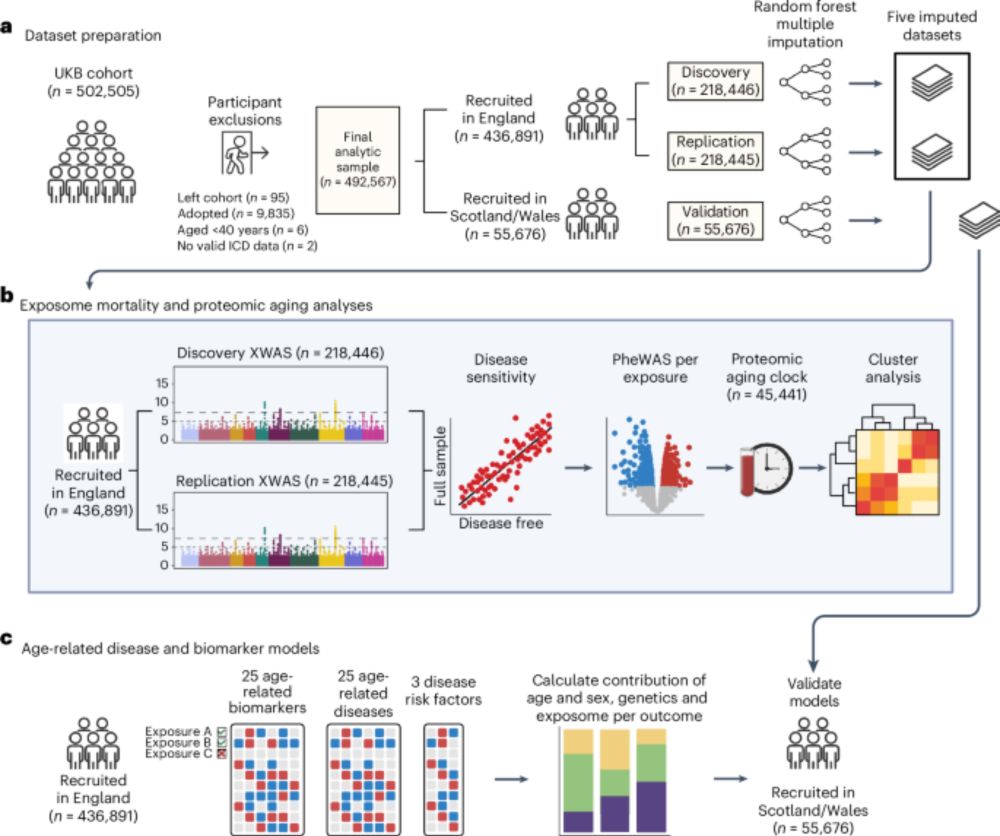
www.nature.com/articles/s41...
open-access
